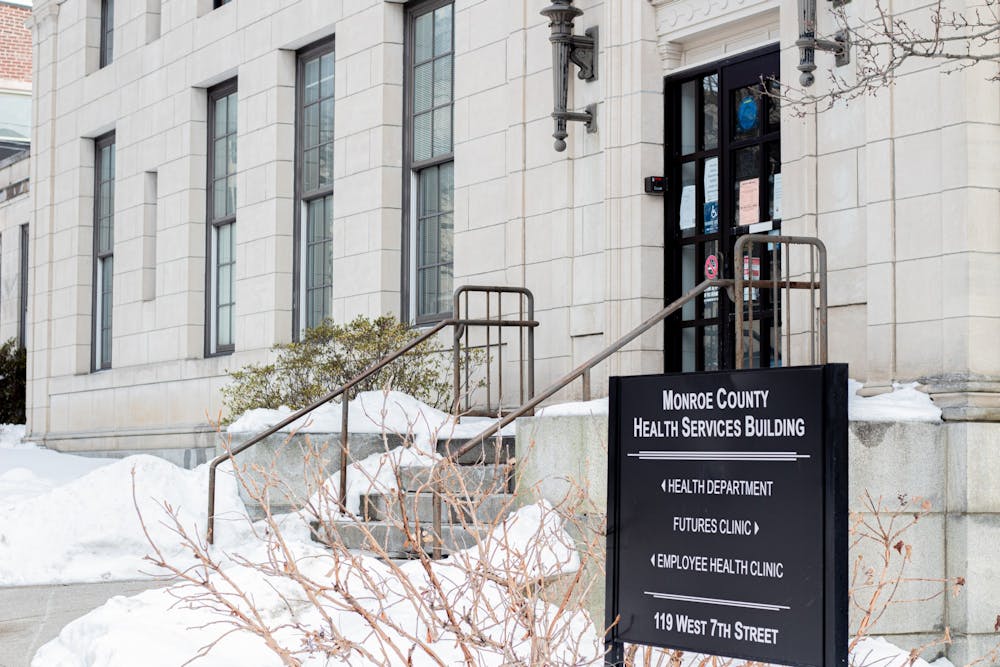On Feb. 10, The Monroe County Health Department announced the launch of the Stride Coalition’s website on Facebook. The website is designed to direct people with substance use and mental disorders to resources based on their needs.
The Stride Coalition consists of 57 partner organizations and aims to help people coping with substance use disorders. In addition to its new website, the coalition also maintains the Stride Center, a crisis diversion center that primarily takes referrals from law enforcement and opened last July. The center is equipped with nurses, therapists, recovery coaches and peer support specialists, director of the Stride Center Greg May said.
When someone calls 911, law enforcement may now bring people to the Stride Center instead of the hospital or jail, May said.
“The challenge with taking someone to jail or the hospital when they’re experiencing a crisis is nothing has been done to deescalate the crisis,” May said.
Guests can stay up to 23 hours and sleep in a bed, take a shower and eat available food, according to the website.
“I think that it’s simple and easy to understand if you come from a place of wanting to help people and wanting to make sure that people’s needs are met,” May said.
Dethany Alvarez, a recovery tech at Centerstone — a member of the Stride Coalition — offers support to people experiencing panic or anxiety attacks at the Stride Center. Alvarez works with members of the community seeking health and safety resources, she said.
Alvarez said she has also helped guests with their resumes and gotten them connected to career services.
“It’s a really rewarding feeling,” she said.
The website includes a page dedicated to a new resource called the Continuum of Care. It allows people to navigate available resources according to their needs, from detox and therapy groups to services for people experiencing homelessness. These services are provided by various organizations in the Coalition, such as IU Health and Cook Medical.
The Stride Coalition recognized that people often weren’t able to access resources in times of crisis, May said. May and Alvarez pointed to the “2 a.m. problem,” a reference to when patients need access to emergency resources more specific than jails or hospitals can provide.
Marsha Lovejoy, a public relations specialist at Cook Medical, helped organize the website’s content. She said she has experienced what it’s like to try to help a family member with substance use disorders without guidance.
“You’re at a loss of what to do,” Lovejoy said.
Lovejoy said the coalition is planning a social media campaign to increase awareness in the community and for employees of coalition members.




